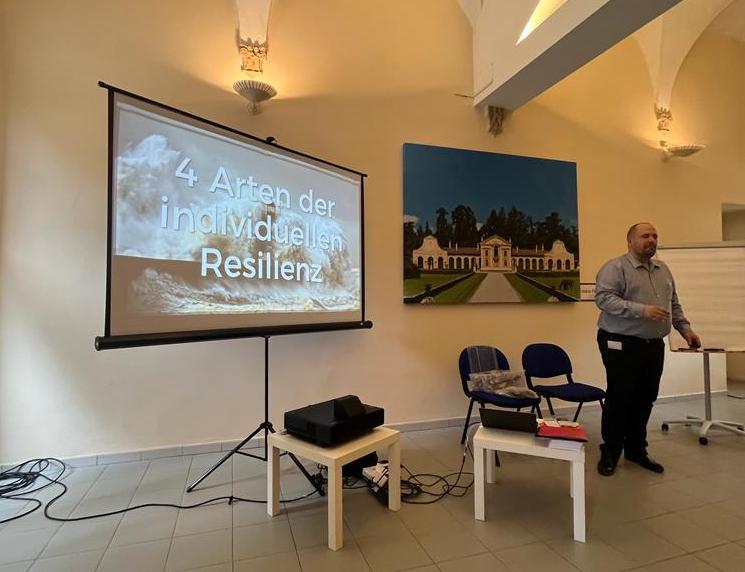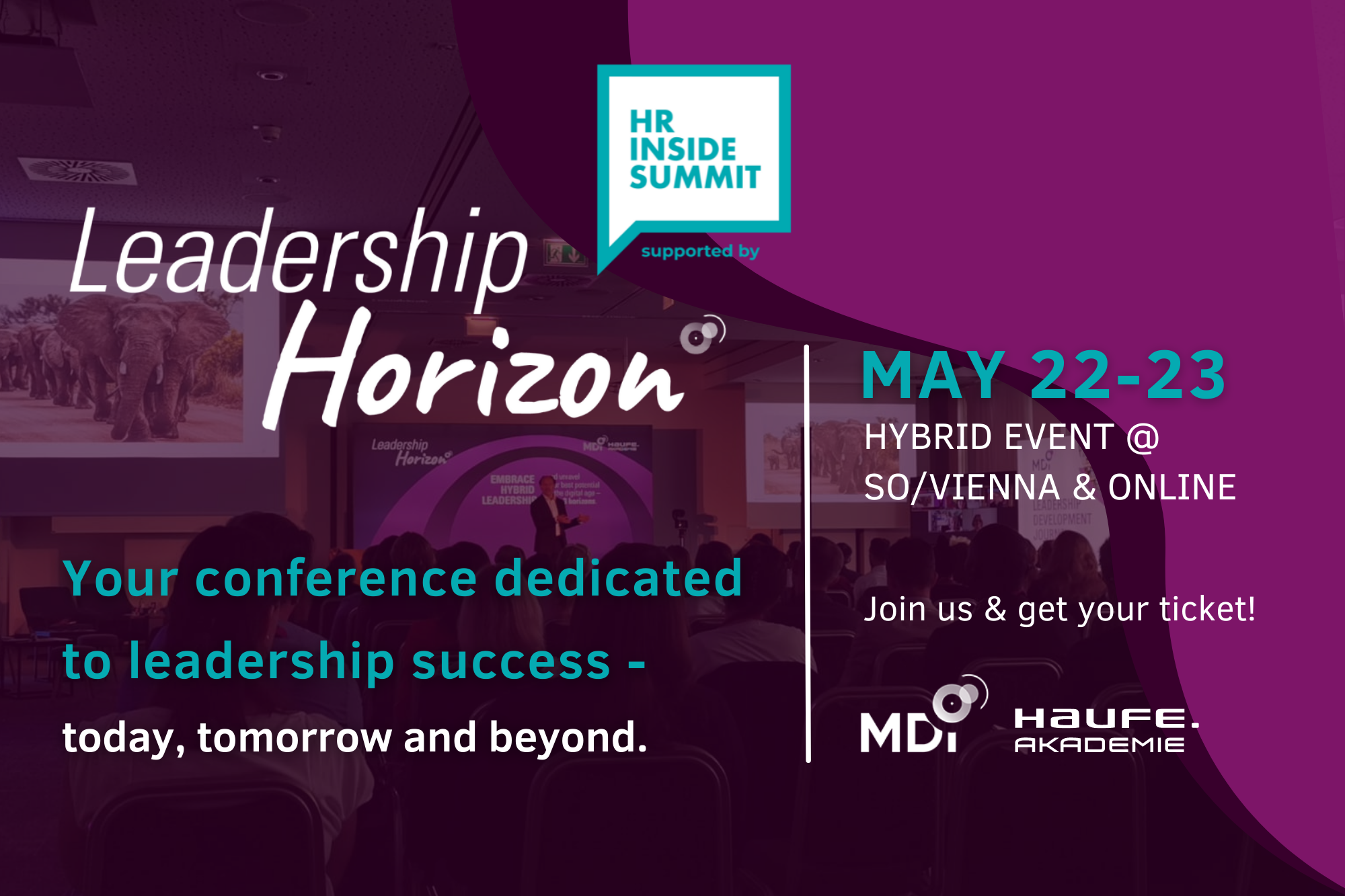
Recap: This was the L&D Summer at MDI
Recap: This was the L&D summer at MDI
Prefer to listen to the article? Click below to access our AI speech-generated audio. However, if you want to read it as usual, keep scrolling.
Recap: This was the L&D summer at MDI
Summer at MDI is not only the time to relax from the heat and the stress of everyday life but also the time to get educated and gain new inspiration. This July, two of our MDI colleagues experienced an enriching educational journey at the Metaforum Summer Camp in Italy.
Read this blog post to learn about their experiences and get inspired!
Congress of Diversity and Practice
Iris, one of our team members, had the opportunity to participate in the “Congress of Diversity and Practice“, a two-day event that combined knowledge and practical experience in a unique way. The congress offered a selection of about 20 workshops, from which the participants could choose 6.
The main focus was on actively experiencing different workshop formats. From interactive discussions to practical exercises, there were numerous opportunities to absorb new knowledge and integrate it into one’s own work.

From resilience to sustainability
Workshops covered a variety of exciting topics, including resilience, mindfulness, and sustainability. Participants had the opportunity to try out methods such as Dynamic Facilitation and Lego Serious Play, which challenged their problem-solving and communication skills in new ways.
These hands-on approaches allowed participants to unleash their creative potential and develop innovative solutions.
More than a learning event
But the congress was much more than just a learning event. The atmosphere was characterized by openness and cooperation. The joint lunch and dinner offered the perfect opportunity to exchange ideas with colleagues from other companies and departments.
At the various evening events, it was possible to make valuable contacts in a relaxed atmosphere and to benefit from the experiences of others. The congress took place in an idyllic monastery near Padua, surrounded by picturesque vineyards.
This environment was not only inspiring but also created a calm and concentrated learning atmosphere. Participants were able to enjoy the beauty of the surroundings while giving free rein to their creativity and willingness to learn.

A broadening of our horizons
The Metaforum Summer Camp and the “Congress of Diversity and Practice” have not only enriched the personal and professional development of our MDI colleagues but also helped to move our company forward.
The new insights and ideas they brought back from Italy will undoubtedly help improve our L&D initiatives and expand the diversity of our offerings.
Conclusion
Overall, the L&D Summer at MDI this year was a resounding success. It demonstrated once again how important continuous education and sharing of knowledge and experiences are to our success.
We are excited to see how the fresh ideas and impressions from Italy will shape our future projects and look forward to more inspiring summers at MDI.

Iris Burner
L&D Consultant
Since 2022, Iris has been an L&D Consultant at MDI, supporting leaders and organisations worldwide in personal development and creating tailored training programs. She values the personal learning experience and ensures clients benefit from valuable insights. With a background in adult education and professional experience in a renowned corporation, Iris has a comprehensive understanding of company needs and develops customized solutions for sustainable development and growth.
Together with other L&D consultants, Iris contributed to our MDI whitepaper and shared her experiences with PORR.






















